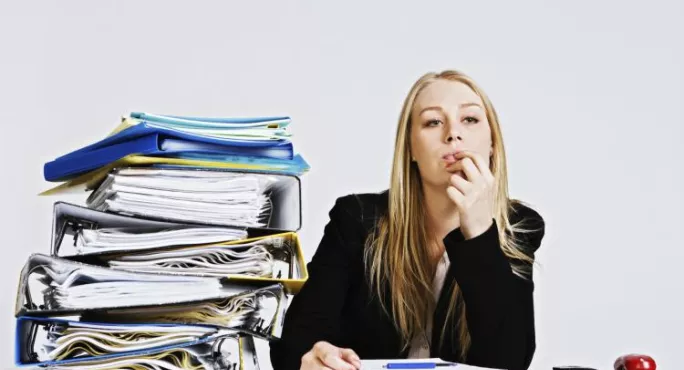The number of unqualified teachers working in state-funded schools has risen by more than 60 per cent since 2012, an analysis by the Labour Party has found.
The school workforce census, taken in November each year, shows the number of unqualified teachers rose from 14,800 in 2012, to 24,000 in 2016 - a 62 per cent increase.
In the same period, the number of qualified teachers rose by 1.4 per cent, from 427,300 to 433,200.
In 2012, academies were given the freedom to employ teachers irrespective of whether they were qualified.
In local authority schools, an unqualified teacher is either a trainee working towards qualified teacher status, an overseas trained teacher who has not exceeded the four years they are allowed to teach without gaining QTS, or teachers “with a particular skill who can be employed where no qualified teacher is available”.
Mike Kane, Labour’s shadow schools minister, said: “The government has completely failed in their most basic of tasks and are clearly relying on unqualified teachers to plug the gaps.
“Unqualified teachers have no guaranteed training in safeguarding children, controlling a class or adapting teaching to respond to the strengths and needs of all pupils. But under the Tories, they’re responsible for the education of hundreds of thousands of our children.
“Under Labour, all permanently employed teachers had to be qualified. This government changed the rules and scrapped that requirement, allowing schools to employ unqualified teachers, permanently threatening standards.
“There is nothing more important to a good education than excellent teaching. The Tories’ failure on teacher recruitment is putting school standards at risk and it’s our children who will pay for their mess.”
A Department for Education spokesperson said: “The number of teachers overall has risen by 15,500 since 2010 and the proportion of qualified teachers in schools remains high.”
He said 95 per cent of teachers hold qualified teacher status, and added: “The rest include some trainees working towards their professional qualifications as well as experts, such as leading scientists, sports people or musicians, who headteachers think can add value to individual lessons and enrich the learning experience for children.”




